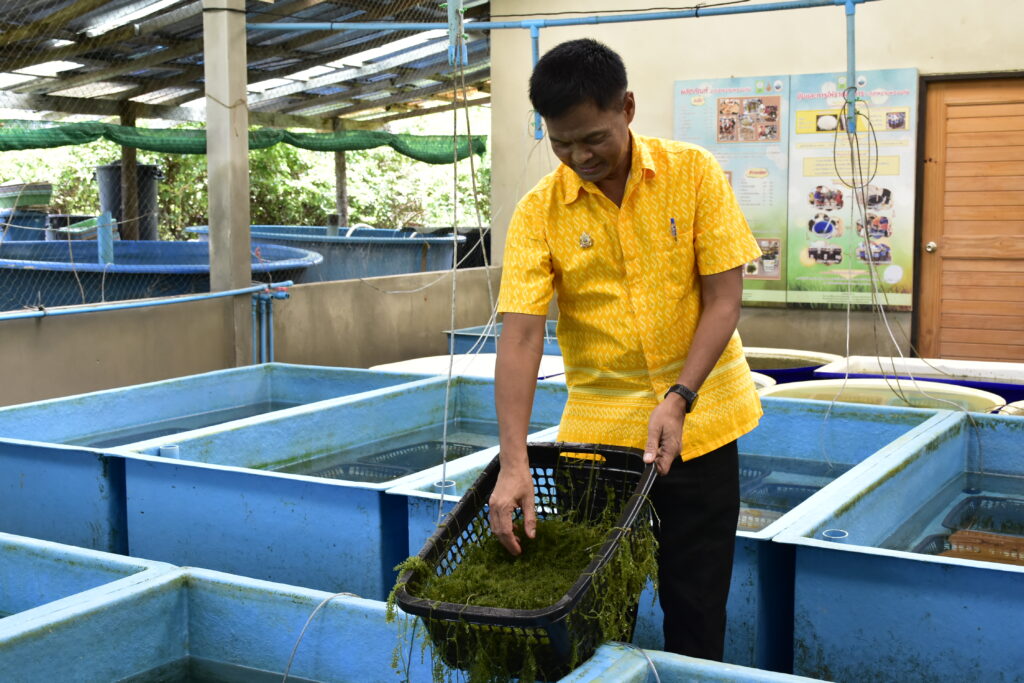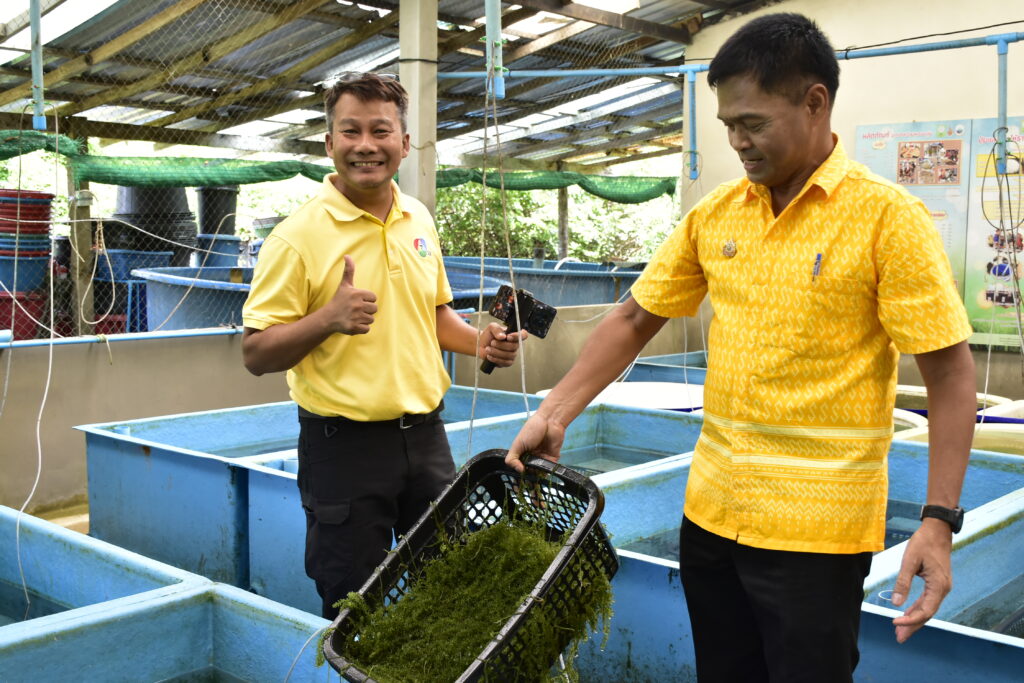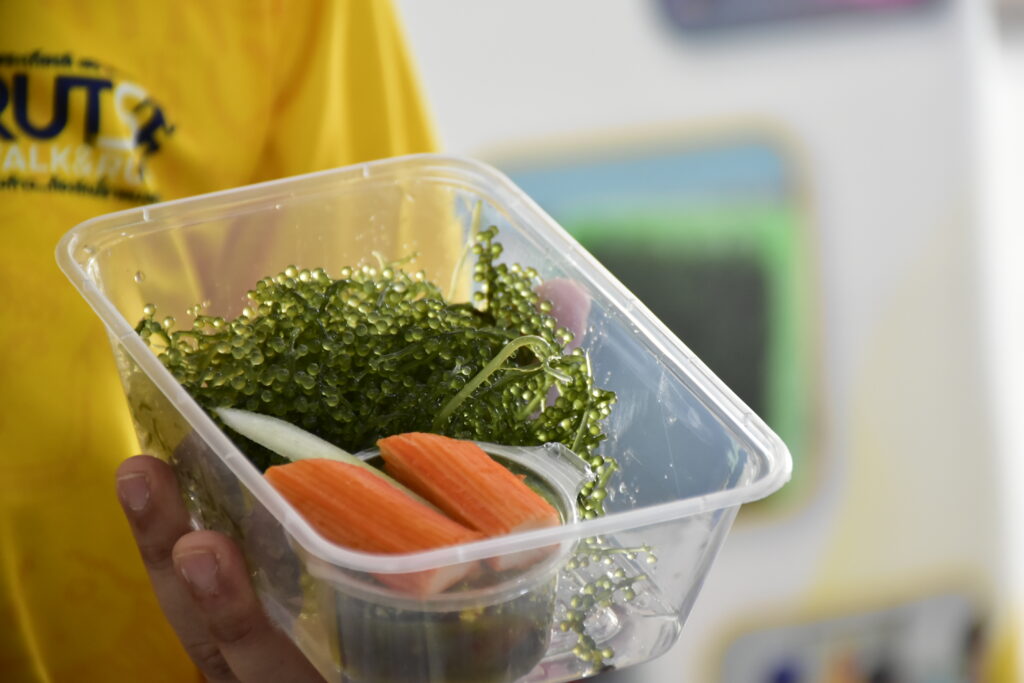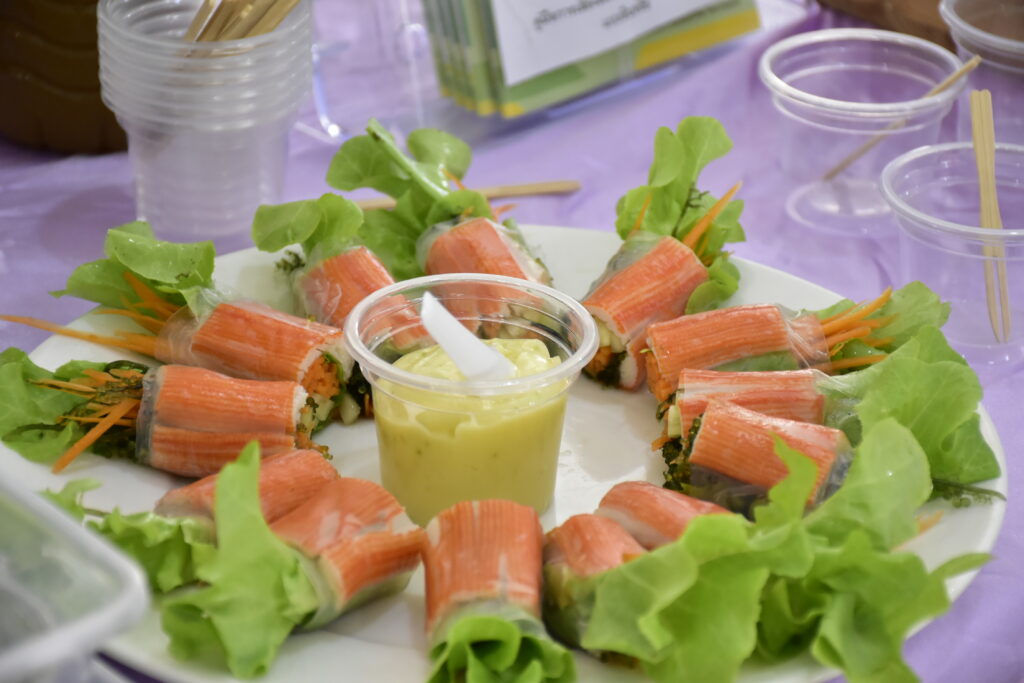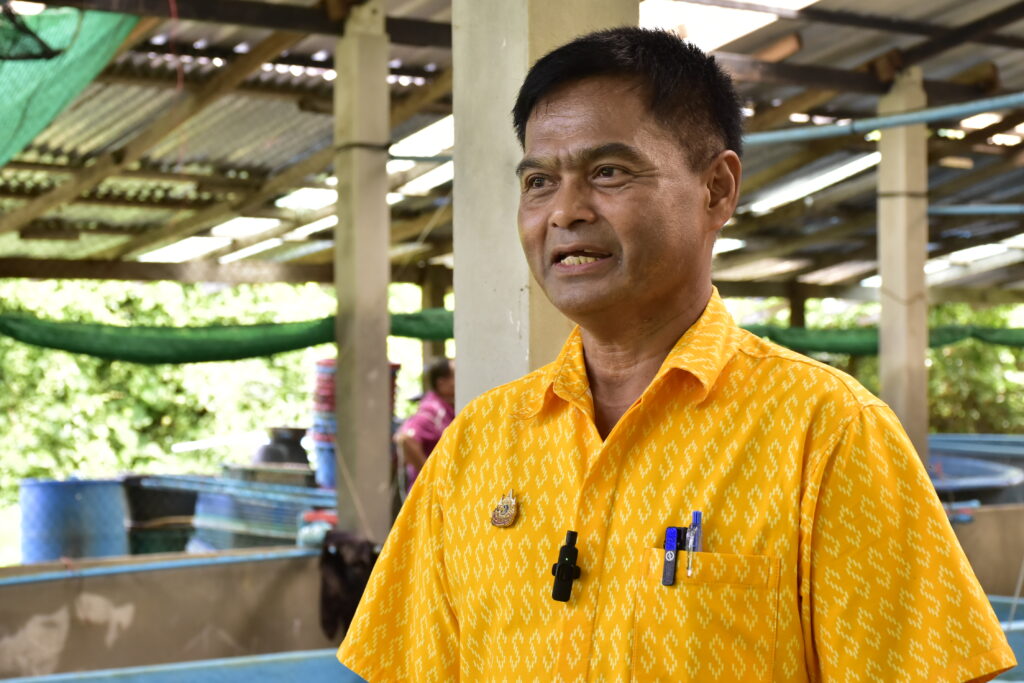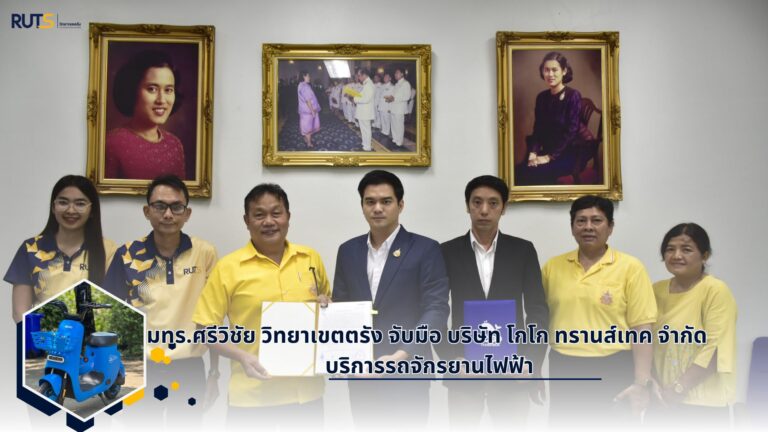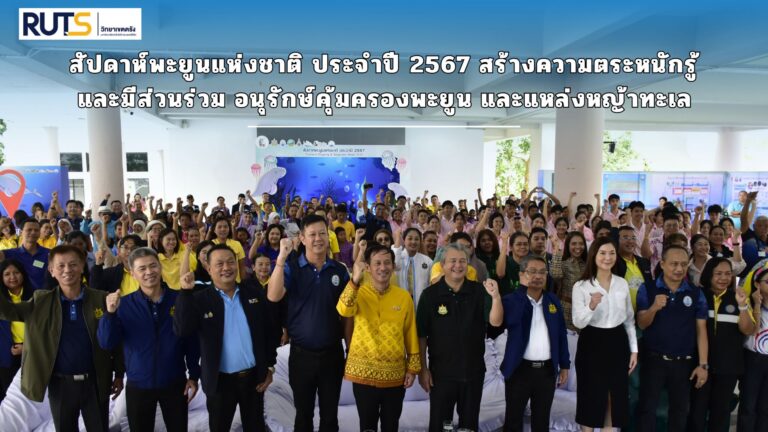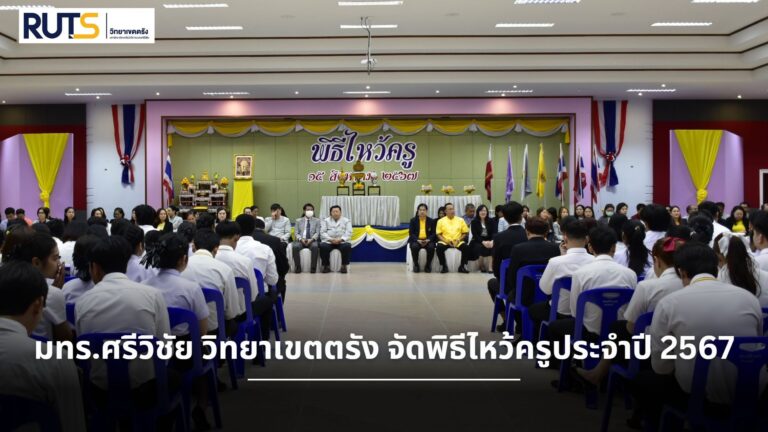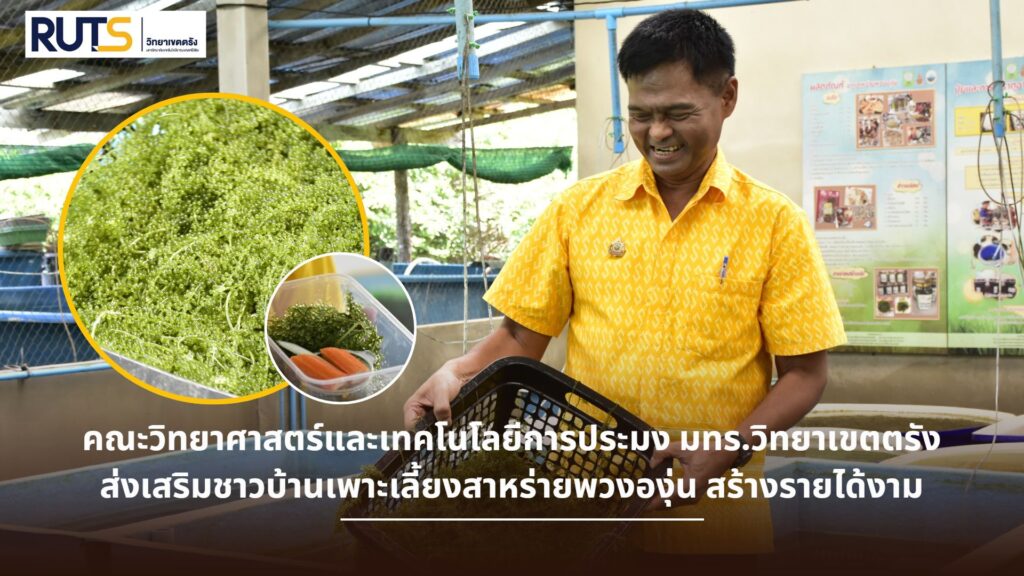
Rajamangala University of Technology Srivijaya is committed to its responsibility of providing academic services to society, particularly in the coastal areas of the Andaman provinces. Through collaboration with various stakeholders, the university seeks to increase the income of coastal farmers and add value to sea grapes by promoting not only the sale of fresh sea grapes but also the academic knowledge of their cultivation. The university further supports the development of organic sea grape products for broader community use.
Assistant Professor Manoch Kumcharoen, Dean of the Faculty of Science and Fisheries Technology at Rajamangala University of Technology Srivijaya, Trang Campus, explained that sea grape farming is supported by the National Research Council of Thailand (NRCT). Initially imported from Japan, sea grapes have been cultivated to promote local farming practices. The first learning center was established in 2017 at Ban Pak Khlong in Bo Hin Subdistrict, Sikao District, and has since expanded to four additional communities in Kantang and Palian Districts. These centers offer local residents the opportunity to learn sea grape cultivation techniques at the university’s prototype organic cultivation facility at the Trang Campus.
At the university’s facility, every step of the cultivation process is thoroughly shared with local farmers, who in turn pass this knowledge to others interested in sea grape farming. The sea grapes are grown in greenhouses using 400-500 liter fiberglass tanks with baskets containing around 200 grams of sea grape seedlings. After about two months, the sea grapes grow to fill the baskets, reaching a weight of 2-3 kilograms. The cost of cultivation is relatively low compared to traditional aquaculture, as sea grapes require no regular feeding. Instead, they are nourished with organic biofertilizer made from fermented fish scraps, which is periodically added to the tanks once ready.
Sea grapes are grown without pesticides, but farmers must be vigilant to prevent small fish, which may enter the tanks during water changes, from damaging the seaweed. Other types of algae, such as gutweed and feather algae, must also be regularly removed from the baskets. Water in the tanks is replaced weekly, with about 50% of the water being refreshed.
Due to their organic nature, sea grapes have grown in popularity among consumers, and current demand exceeds supply. Those interested in learning more can contact Assistant Professor Manoch Kumcharoen, Dean of the Faculty of Science and Fisheries Technology, at 080-6481205.
This revision enhances the narrative by refining phrasing, improving sentence structure, and removing redundancy for a smoother and more professional flow while preserving the original meaning.
